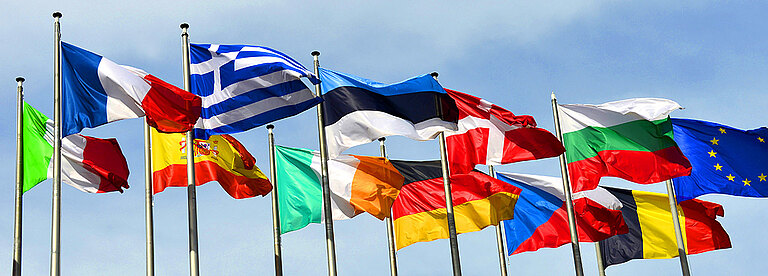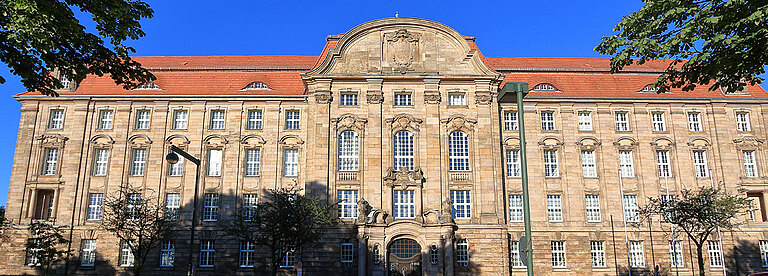The signs are pointing to change. This also applies to innovative companies that want to file and enforce patents in Germany and Europe. One of the reasons for this is the Unified Patent Court (UPC), which is expected to pick up work at the end of 2022/beginning of 2023. In Germany, it will then be possible to maintain and enforce a national German patent (DE patent) in parallel with the new Unitary Patent or a classical European patent (EP patent) validated in Germany for which no opt-out declaration has been made (see also C&F blog of November 12, 2021). With this provision, the German legislator wants to promote competition between the UPC and German court venues. And what do patentees get out of it? First and foremost, greater flexibility: the DE simultaneous protection allows them to take centralized action against infringing acts before the UPC without giving up the option to sue out of the DE patent before the national German courts.
Against this background, they benefit from yet another provision resulting from the Second Act to Simplify and Modernise Patent Law (2nd PatMoG), which came into force in August 2021: For the initiation of the national DE phase from an international patent application (PCT application), an extended period of 31 (instead of the previous 30) months after the earliest priority date will apply from May 1, 2022. The same period already applies to the Europe-wide prosecution, i.e. the initiation of the regional EP phase. With this alignment, good conditions are created that provide patent applicants with more time to consider the initiation of a national DE phase in their strategy. The new time limit applies to all international PCT applications for which the previously applicable 30-month time limit has not yet expired or will not expire on April 30, 2022. It is also a prerequisite that the applicant has not filed an effective request for entry into the national DE phase before May 1, 2022.
Well prepared for the UPC
To opt out or not to opt out? That is the question that may now be on the minds of applicants in view of the UPC. Here, it is advisable to include the aforementioned changes in the considerations. For example, the possibility of DE simultaneous protection may be a reason for deciding against an opt-out. This can be useful, for example, in the case of particularly important inventions, in order to obtain and maintain in parallel an EP Patent and a national DE patent with the same scope of protection. In this context, applicants also benefit from the extended deadline of 31 months for initiating the national DE phase, as this provides them with more time to opt for parallel Europe-wide and separate protection in Germany.
Good to know: For DE simultaneous protection, which will be possible from the entry into force of the UPC Agreement, it is not the filing date but the date of grant that matters. For DE and EP patent applications that are about to be granted, it may therefore make sense to check whether the grant can still be delayed (see also C&F blog of Februar 9, 2022).
Header: Quality Stock Arts - AdobeStock.com



